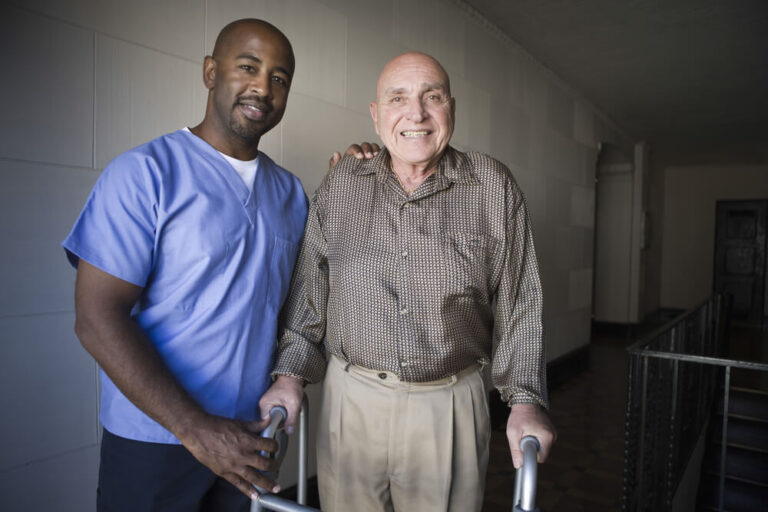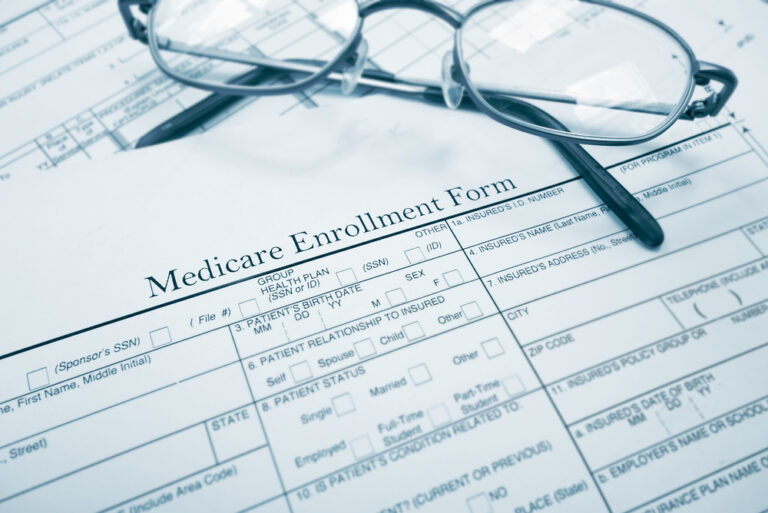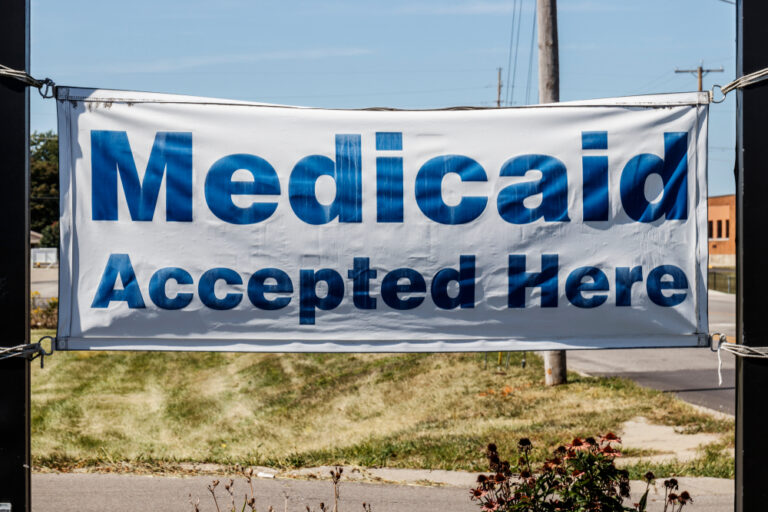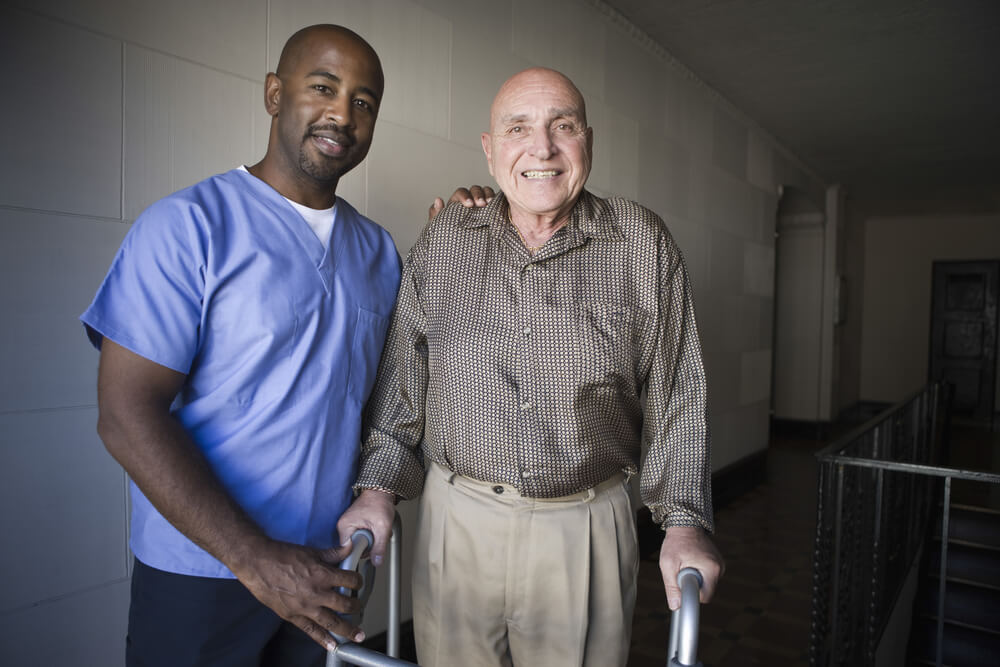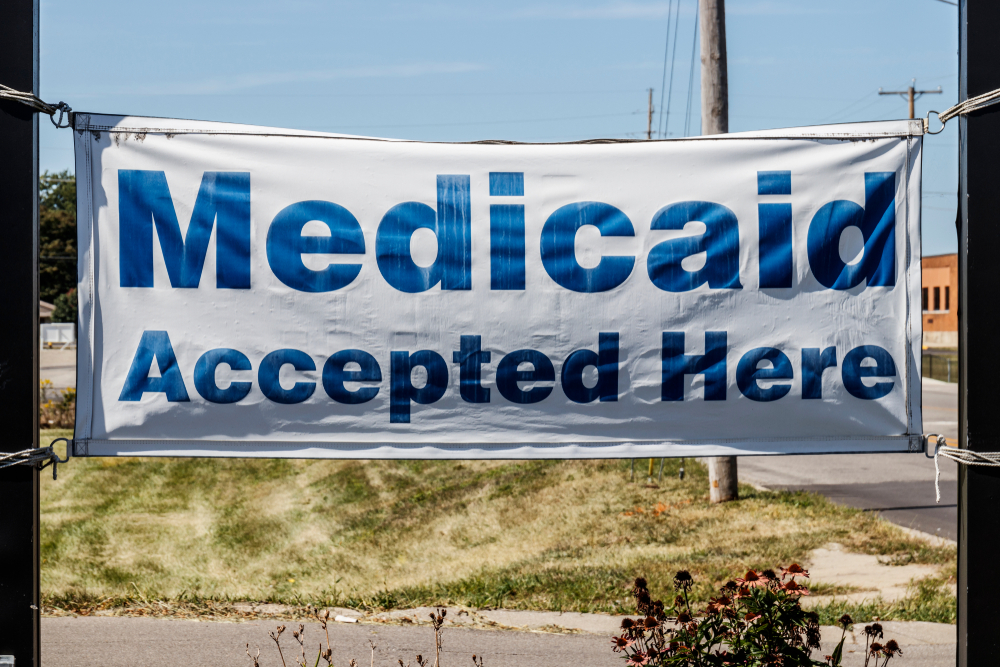
Biden Administration May Spell Changes to Estate Tax and Stepped-Up Basis Rule
A new administration usually means that tax code changes are coming. While it remains unclear exactly what tax changes President Biden’s administration will usher in, two possibilities are that it will propose lowering the estate tax exemption and eliminating the stepped-up basis on death. The first


